Human Anti-EGFR Recombinant Antibody (clone E7.6.3)
CAT#: HPAB-S0022-YC
There is provided a fully human monoclonal antibody against human epidermal growth factor receptor (EGF-r) that possess similar or enhanced activities as compared to antibody C225 in order to vitiate concerns and/or effects of HAMA or HACA response. The antibody secreted by the hybridoma E7.6.3 comprises a human IgG2 antibody having a human kappa light chain.
















Specifications
- Host Species
- Human
- Type
- Human IgG2, κ
- Specificity
- Human EGFR
- Species Reactivity
- Human
- Clone
- E7.6.3
- Applications
- ELISA, Inhib, FuncS
Product Property
- Purity
- >95% as determined by SDS-PAGE and HPLC analysis
- Concentration
- Please refer to the vial label for the specific concentration.
- Buffer
- PBS
- Preservative
- No preservatives
- Storage
- Centrifuge briefly prior to opening vial. Store at +4°C short term (1-2 weeks). Aliquot and store at -20°C long term. Avoid repeated freeze/thaw cycles.
Target
- Alternative Names
- Epidermal Growth Factor Receptor; Receptor Tyrosine-Protein Kinase ErbB-1; Erb-B2 Receptor Tyrosine Kinase 1; Proto-Oncogene C-ErbB-1; EC 2.7.10.1; ERBB1; ERBB; HER1; Epidermal Growth Factor Receptor (Avian Erythroblastic Leukemia Viral (V-Erb-B) Oncogene Homolog); Erythroblastic Leukemia Viral (V-Erb-B) Oncogene Homolog (Avian)
- Gene ID
- 1956
- UniProt ID
- P00533
Customer Review
There are currently no Customer reviews or questions for HPAB-S0022-YC. Click the button above to contact us or submit your feedback about this product.
Submit Your Publication
Published with our product? Submit your paper and receive a 10% discount on your next order! Share your research to earn exclusive rewards.
Related Diseases
Related Signaling Pathways
Downloadable Resources
Download resources about recombinant antibody development and antibody engineering to boost your research.
Product Notes
This is a product of Creative Biolabs' Hi-Affi™ recombinant antibody portfolio, which has several benefits including:
• Increased sensitivity
• Confirmed specificity
• High repeatability
• Excellent batch-to-batch consistency
• Sustainable supply
• Animal-free production
See more details about Hi-Affi™ recombinant antibody benefits.
Datasheet
MSDS
COA
Certificate of Analysis LookupTo download a Certificate of Analysis, please enter a lot number in the search box below. Note: Certificate of Analysis not available for kit components.
See other products for "Clone E7.6.3"
- CAT
- Product Name
See other products for "EGFR"
Select a product category from the dropdown menu below to view related products.
| CAT | Product Name | Application | Type |
|---|---|---|---|
| TAB-H35 | Anti-Human EGFR Recombinant Antibody (Futuximab) | IF, WB, Inhib | IgG1 - kappa |
| TAB-0225CL-F(E) | Human Anti-EGFR Recombinant Antibody; Fab Fragment (TAB-0225CL-F(E)) | Block, Inhib, FuncS, Apop, In vivo | Chimeric (Mouse/Human) Fab |
| TAB-302MZ-S(P) | Mouse Anti-EGFR Recombinant Antibody; scFv Fragment (TAB-302MZ-S(P)) | ELISA | Mouse scFv |
| TAB-308MZ-S(P) | Mouse Anti-EGFR Recombinant Antibody; scFv Fragment (TAB-308MZ-S(P)) | ELISA, FC | Mouse scFv |
| PABX-051-F (E) | Recombinant Mouse Anti-EGFR Antibody Fab Fragment (Matuzumab) | WB, Neut, FuncS | Fab |
| CAT | Product Name | Application | Type |
|---|---|---|---|
| TAB-165 | Anti-Human EGFR Recombinant Antibody (Matuzumab) | Neut, ELISA, IF, IP, FuncS, FC, ICC | IgG1 |
| TAB-710 | Anti-EGFR Recombinant Antibody (Nimotuzumab) | ELISA, IP, FC, FuncS, Neut, IF, IHC | IgG1 - kappa |
| TAB-274MZ | Human Anti-EGFR Recombinant Antibody (TAB-274MZ) | FC | Humanized IgG |
| TAB-274MZ-S(P) | Human Anti-EGFR Recombinant Antibody; scFv Fragment (TAB-274MZ-S(P)) | FC | Humanized scFv |
| PABX-052 | Recombinant Human Anti-EGFR Antibody (PABX-052) | WB, ELISA, FuncS, IB, FC, SPR, Apop | IgG |
| CAT | Product Name | Application | Type |
|---|---|---|---|
| PFBL-080 | Human Anti-EGFR Recombinant Antibody; Fab Fragment (PFBL-080) | ELISA, WB, FuncS | Human Fab |
| HPAB-2194LY-F(E) | Mouse Anti-EGFR Recombinant Antibody; Fab Fragment (HPAB-2194LY-F(E)) | ELISA, WB | Mouse Fab |
| HPAB-2195LY-F(E) | Mouse Anti-EGFR Recombinant Antibody; Fab Fragment (HPAB-2195LY-F(E)) | ELISA | Mouse Fab |
| HPAB-2196LY-F(E) | Mouse Anti-EGFR Recombinant Antibody; Fab Fragment (HPAB-2196LY-F(E)) | ELISA | Mouse Fab |
| HPAB-2197LY-F(E) | Mouse Anti-EGFR Recombinant Antibody; Fab Fragment (HPAB-2197LY-F(E)) | ELISA | Mouse Fab |
| CAT | Product Name | Application | Type |
|---|---|---|---|
| PABZ-039 | Mouse Anti-EGFR Recombinant Antibody (clone mAb528) | FC | Mouse IgG |
| PABW-039 | Human Anti-EGFR Recombinant Antibody (PABW-039) | FuncS | Chimeric (mouse/human) IgG |
| PABC-040 | Human Anti-EGFR Recombinant Antibody (clone MR1) | Block | Human IgG |
| PABW-171 | Mouse Anti-EGFR Recombinant Antibody (PABW-171) | WB | Mouse IgG |
| TAB-477CQ | Human Anti-EGFR Recombinant Antibody (clone Laprituximab) | ELISA, IHC, FC, IP, IF, WB | Chimeric (mouse/human) IgG1, κ |
| CAT | Product Name | Application | Type |
|---|---|---|---|
| TAB-270MZ | Human Anti-EGFR Recombinant Antibody (TAB-270MZ) | ELISA | Human antibody |
| TAB-278MZ | Human Anti-EGFR Recombinant Antibody (TAB-278MZ) | Cyt, ELISA, Inhib | Human IgG |
| TAB-279MZ | Human Anti-EGFR Recombinant Antibody (TAB-279MZ) | Cyt, ELISA, Inhib | Human IgG |
| TAB-282MZ | Human Anti-EGFR Recombinant Antibody (TAB-282MZ) | Cyt, FuncS, Inhib | Human IgG |
| TAB-283MZ | Human Anti-EGFR Recombinant Antibody (TAB-283MZ) | Cyt, FuncS, Inhib | Human IgG |
| CAT | Product Name | Application | Type |
|---|---|---|---|
| TAB-271MZ | Mouse Anti-EGFR Recombinant Antibody (TAB-271MZ) | FuncS | Mouse IgG2b |
| TAB-273MZ | Mouse Anti-EGFR Recombinant Antibody (TAB-273MZ) | FC, FuncS, IHC, IP, Inhib | Mouse IgG |
| TAB-275MZ | Mouse Anti-EGFR Recombinant Antibody (TAB-275MZ) | Cyt, FuncS, Inhib | Mouse IgG |
| TAB-276MZ | Anti-Human EGFR Recombinant Antibody (LA1) | Cyt, FuncS | |
| TAB-271MZ-F(E) | Mouse Anti-EGFR Recombinant Antibody; Fab Fragment (TAB-271MZ-F(E)) | FuncS | Mouse Fab |
| CAT | Product Name | Application | Type |
|---|---|---|---|
| Gly-055LC | Recombinant Anti-Human EGFR Antibody (Fc glycosylation/High-mannose glycosylated) | ELISA | Chimeric antibody (mouse/human) |
| Gly-144LC | Recombinant Anti-Human EGFR Antibody (Fc glycosylation) | ELISA | Humanized antibody |
| CAT | Product Name | Application | Type |
|---|---|---|---|
| Gly-055LC-1 | Recombinant Anti-Human EGFR Antibody (Fc glycosylation/High-mannose glycosylated) | ELISA | Chimeric antibody (mouse/human) |
| CAT | Product Name | Application | Type |
|---|---|---|---|
| Gly-167LC | Recombinant Anti-Human EGFR Antibody (Non-glycosylated) | ELISA | Human antibody |
| CAT | Product Name | Application | Type |
|---|---|---|---|
| BRD-0183MZ | Chicken Anti-EGFR Polyclonal IgY | WB | Chicken antibody |
| CAT | Product Name | Application | Type |
|---|---|---|---|
| MHC-LC773 | A*0201/Human EGFR (YLNTVQPTCV) MHC Tetramer | FCM | |
| MHC-LC4545 | PE-DQB1*03:02/Human EGFR (SRALEEKKGNYVVTHG) MHC Tetramer | FCM |
| CAT | Product Name | Application | Type |
|---|---|---|---|
| NEUT-722CQ | Rabbit Anti-EGFR Recombinant Antibody (clone CBL1011) | Neut | Rabbit IgG |
| NEUT-723CQ | Mouse Anti-EGFR Recombinant Antibody (clone CBL931) | WB, IP, IHC, ICC, Neut | Mouse IgG1 |
| NEUT-724CQ | Rabbit Anti-EGFR Recombinant Antibody (NEUT-724CQ) | IF, FC, WB, IP, Neut | Rabbit IgG |
| CAT | Product Name | Application | Type |
|---|---|---|---|
| MOR-1101 | Hi-Affi™ Rabbit Anti-EGFR Recombinant Antibody (clone DS1101AB) | IHC-P | Rabbit IgG |
| MOR-4570 | Hi-Affi™ Rabbit Anti-EGFR Recombinant Antibody (clone TH82DS) | ELISA | Rabbit IgG |
| MOR-4571 | Hi-Affi™ Rabbit Anti-EGFR Recombinant Antibody (clone TH83DS) | WB, IF, ICC, FC | Rabbit IgG |
| MOR-4675 | Hi-Affi™ Rabbit Anti-EGFR Recombinant Antibody (clone TH189DS) | WB, IF, ICC, FC | Rabbit IgG |
| MOR-0033-FY | Rabbit Anti-EGFR Recombinant Antibody (clone AFY0004) | ICC, IHC, WB | Rabbit IgG |
| CAT | Product Name | Application | Type |
|---|---|---|---|
| HPAB-0060-WJ-S(P) | Human Anti-EGFR Recombinant Antibody; scFv Fragment (HPAB-0060-WJ-S(P)) | ELISA, RIA, FC | Human scFv |
| HPAB-2194LY-S(P) | Mouse Anti-EGFR Recombinant Antibody; scFv Fragment (HPAB-2194LY-S(P)) | ELISA, WB | Mouse scFv |
| HPAB-2195LY-S(P) | Mouse Anti-EGFR Recombinant Antibody; scFv Fragment (HPAB-2195LY-S(P)) | ELISA | Mouse scFv |
| HPAB-2196LY-S(P) | Mouse Anti-EGFR Recombinant Antibody; scFv Fragment (HPAB-2196LY-S(P)) | ELISA | Mouse scFv |
| HPAB-2197LY-S(P) | Mouse Anti-EGFR Recombinant Antibody; scFv Fragment (HPAB-2197LY-S(P)) | ELISA | Mouse scFv |
| CAT | Product Name | Application | Type |
|---|---|---|---|
| AFC-TAB-165 | Afuco™ Anti-EGFR ADCC Recombinant Antibody, ADCC Enhanced (AFC-TAB-165) | Neut, ELISA, IF, IP, FuncS, FC | ADCC enhanced antibody |
| AFC-TAB-464CQ | Afuco™ Anti-EGFR ADCC Recombinant Antibody, ADCC Enhanced (AFC-TAB-464CQ) | ELISA, IHC, FC, IP, IF, FuncS | ADCC enhanced antibody |
| AFC-TAB-003 | Afuco™ Anti-EGFR ADCC Recombinant Antibody, ADCC Enhanced (AFC-TAB-003) | IF, IP, Neut, FuncS, ELISA, FC | ADCC enhanced antibody |
| AFC-TAB-040 | Afuco™ Anti-EGFR ADCC Recombinant Antibody, ADCC Enhanced (AFC-TAB-040) | ELISA, FC, IP, FuncS, IF, Neut | ADCC enhanced antibody |
| AFC-TAB-119 | Afuco™ Anti-EGFR ADCC Recombinant Antibody, ADCC Enhanced (AFC-TAB-119) | FC, IP, ELISA, Neut, FuncS, IF | ADCC enhanced antibody |
| CAT | Product Name | Application | Type |
|---|---|---|---|
| HPAB-AP881-YC | Recombinant Llama Anti-EGFR Single Domain Antibody (HPAB-AP881-YC) | ELISA, FC, IP, FuncS | Llama VHH |
| HPAB-AP882-YC | Recombinant Llama Anti-EGFR Single Domain Antibody (HPAB-AP882-YC) | ELISA | Llama VHH |
| HPAB-AP883-YC | Recombinant Llama Anti-EGFR Single Domain Antibody (HPAB-AP883-YC) | ELISA | Llama VHH |
| HPAB-AP884-YC | Recombinant Llama Anti-EGFR Single Domain Antibody (HPAB-AP884-YC) | ELISA | Llama VHH |
| HPAB-AP885-YC | Recombinant Llama Anti-EGFR Single Domain Antibody (HPAB-AP885-YC) | ELISA | Llama VHH |
| CAT | Product Name | Application | Type |
|---|---|---|---|
| VS-0424-XY84 | AbPlus™ Anti-EGFR Magnetic Beads (pSEX81-6) | IP, Protein Purification |
| CAT | Product Name | Application | Type |
|---|---|---|---|
| VS-0924-YC32 | Mouse Anti-EGFR Recombinant Antibody (VS-0924-YC32) - Cancer Stem Cell Marker | IHC, WB | Mouse IgG1 |
| VS-0924-YC35 | Rabbit Anti-EGFR Antibody (VS-0924-YC35) - Cancer Stem Cell Marker | IHC, WB, IF | Rabbit IgG |
| CAT | Product Name | Application | Type |
|---|---|---|---|
| VS-1024-XY177 | Mouse Anti-NHP EGFR Recombinant Antibody (clone 225) | IF, IP | Mouse IgG1 |
| CAT | Product Name | Application | Type |
|---|---|---|---|
| VS-0125-FY28 | Human Anti-EGFR (clone ABT-806) scFv-Fc Chimera | FC, Cyt | Human IgG1, scFv-Fc |
| CAT | Product Name | Application | Type |
|---|---|---|---|
| VS-0225-XY102 | CytoStream™ Mouse Anti-EGFR Recombinant Antibody (VS-0225-XY102) | FC | Mouse IgG1, kappa |
| CAT | Product Name | Application | Type |
|---|---|---|---|
| VS-0325-XY735 | Anti-EGFR Immunohistochemistry Kit | IHC | |
| VS-0525-XY2183 | Anti-Mouse EGFR Immunohistochemistry Kit | IHC | |
| VS-0525-XY2182 | Anti-Human EGFR Immunohistochemistry Kit | IHC |
| CAT | Product Name | Application | Type |
|---|---|---|---|
| VS-0425-YC340 | Recombinant Anti-EGFR Vesicular Antibody, EV Displayed (VS-0425-YC340) | ELISA, FC, Neut, Cell-uptake |
| CAT | Product Name | Application | Type |
|---|---|---|---|
| VS-0525-YC65 | Recombinant Anti-EGFR (AA 269-278 x AA 526-535) Biparatopic Antibody, Tandem scFv (Clone Pep 2 x Clone Pep 3) | FC | Tandem scFv |
| VS-0525-YC66 | Recombinant Anti-EGFR (AA 582-591 x AA 606-614) Biparatopic Antibody, Tandem scFv (Clone Pep 4 x Clone Pep 1) | FC | Tandem scFv |
| VS-0525-YC68 | Recombinant Anti-EGFR (AA 526-535 x AA 600-605) Biparatopic Antibody, Tandem scFv (Clone Pep 3 x Clone Pep 5) | FC | Tandem scFv |
| VS-0525-YC213 | Recombinant Anti-EGFR (Domain II x Domain III) Biparatopic Antibody, Tandem scFv | ELISA, FC, IF, IHC, IP | Tandem scFv |
Popular Products

Application: Neut, ELISA, IF, IP, FuncS, FC, ICC

Application: WB, ELISA, IP, FC, FuncS, Neut, IF

Application: FC, IP, ELISA, Neut, FuncS, IF, WB

Application: ELISA, Neut, IF, IP, FC, FuncS

Application: Neut, ELISA, IF, IP, FuncS, FC, IHC

Application: WB, ELISA, FC, IP, FuncS, IF, Neut

Application: IP, IF, FuncS, FC, Neut, ELISA, IHC

Application: Neut, ELISA, IF, IP, FuncS, FC, ICC

Application: WB, ELISA, FC, IHC, IP

Application: ELISA, FC, IF, WB

Application: FC, IHC-Fr, IP, ELISA, Block

Application: ELISA, IHC, FC, IP, IF, Inhib

Application: ELISA, IHC, FC, IP, IF, FuncS
-3.jpg)
Application: Neut

Application: ELISA, WB, Microarray, Block
-2.png)
Application: WB, ELISA, FuncS
For research use only. Not intended for any clinical use. No products from Creative Biolabs may be resold, modified for resale or used to manufacture commercial products without prior written approval from Creative Biolabs.
This site is protected by reCAPTCHA and the Google Privacy Policy and Terms of Service apply.



















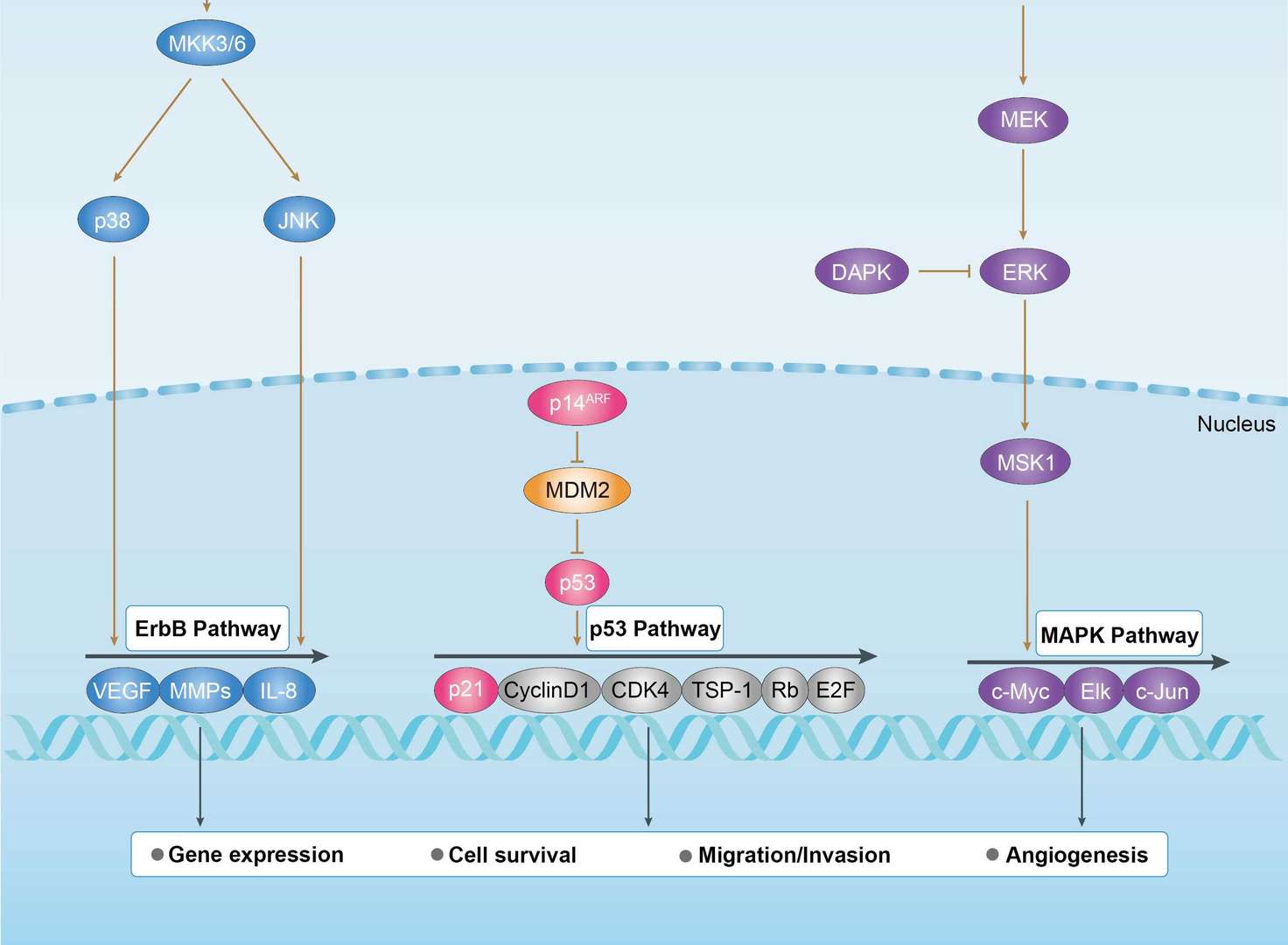 Bladder Cancer
Bladder Cancer
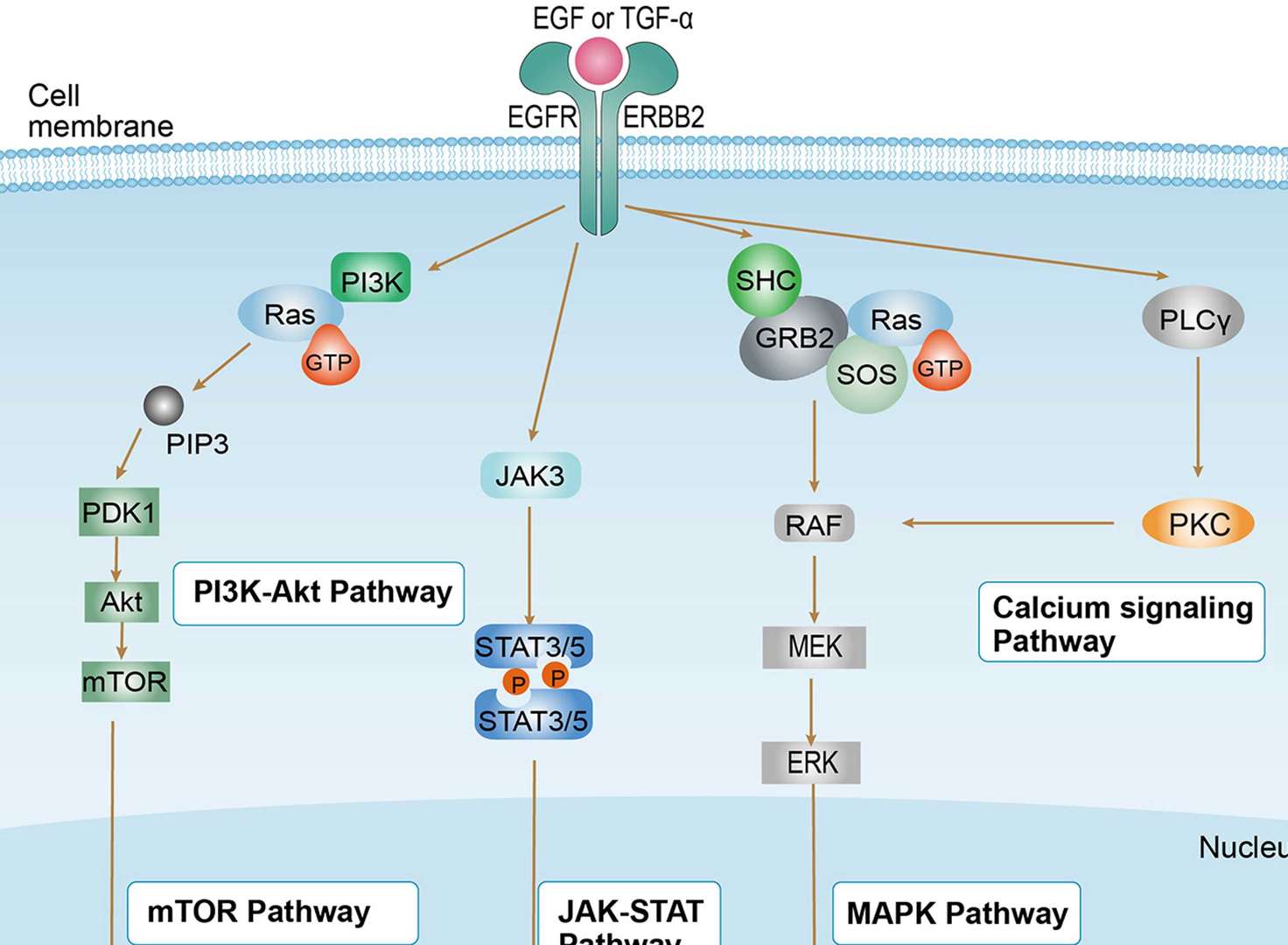 Non-small Cell Lung Cancer
Non-small Cell Lung Cancer
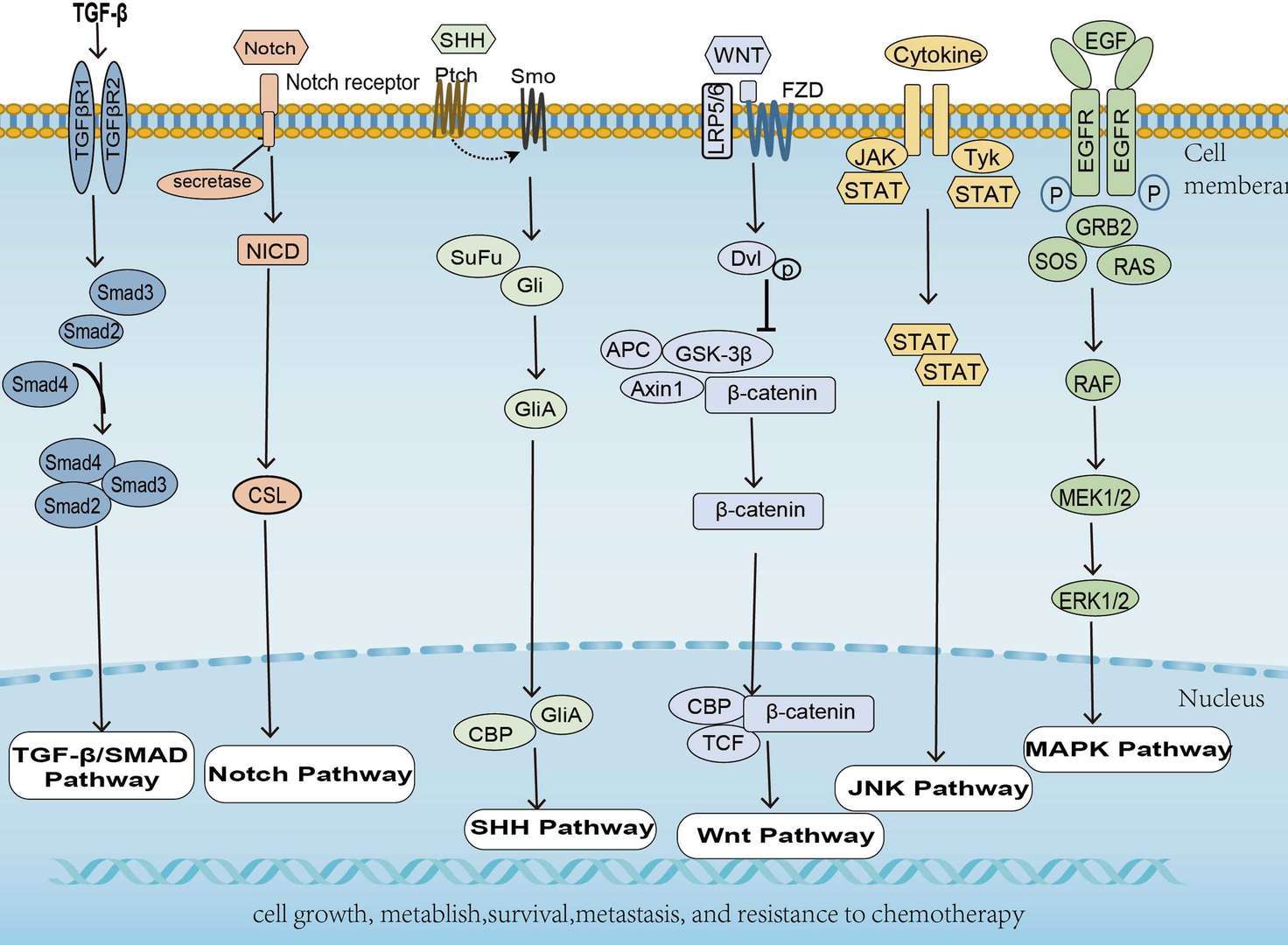 Pancreatic Cancer
Pancreatic Cancer
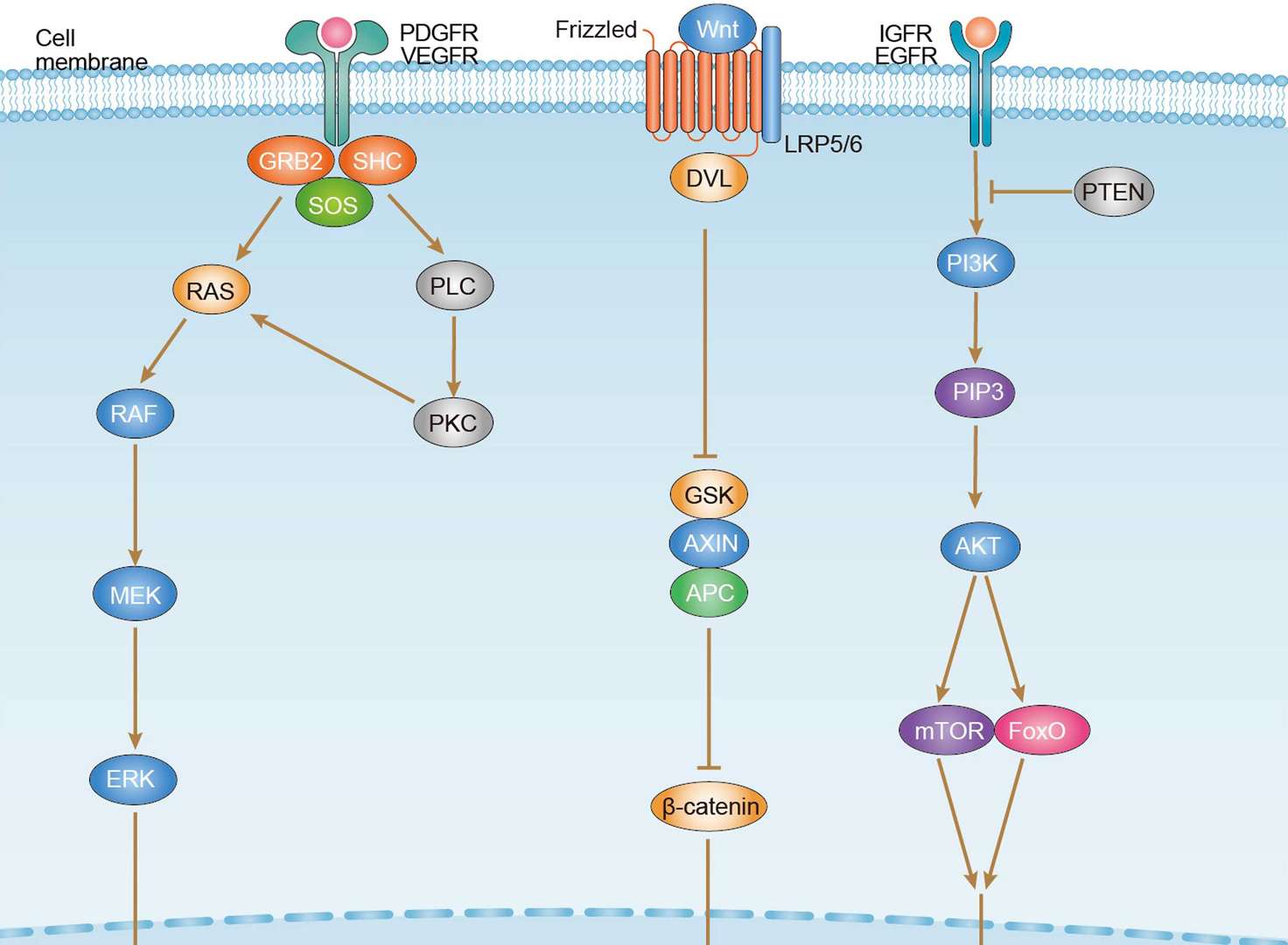 Hepatocellular Carcinoma
Hepatocellular Carcinoma
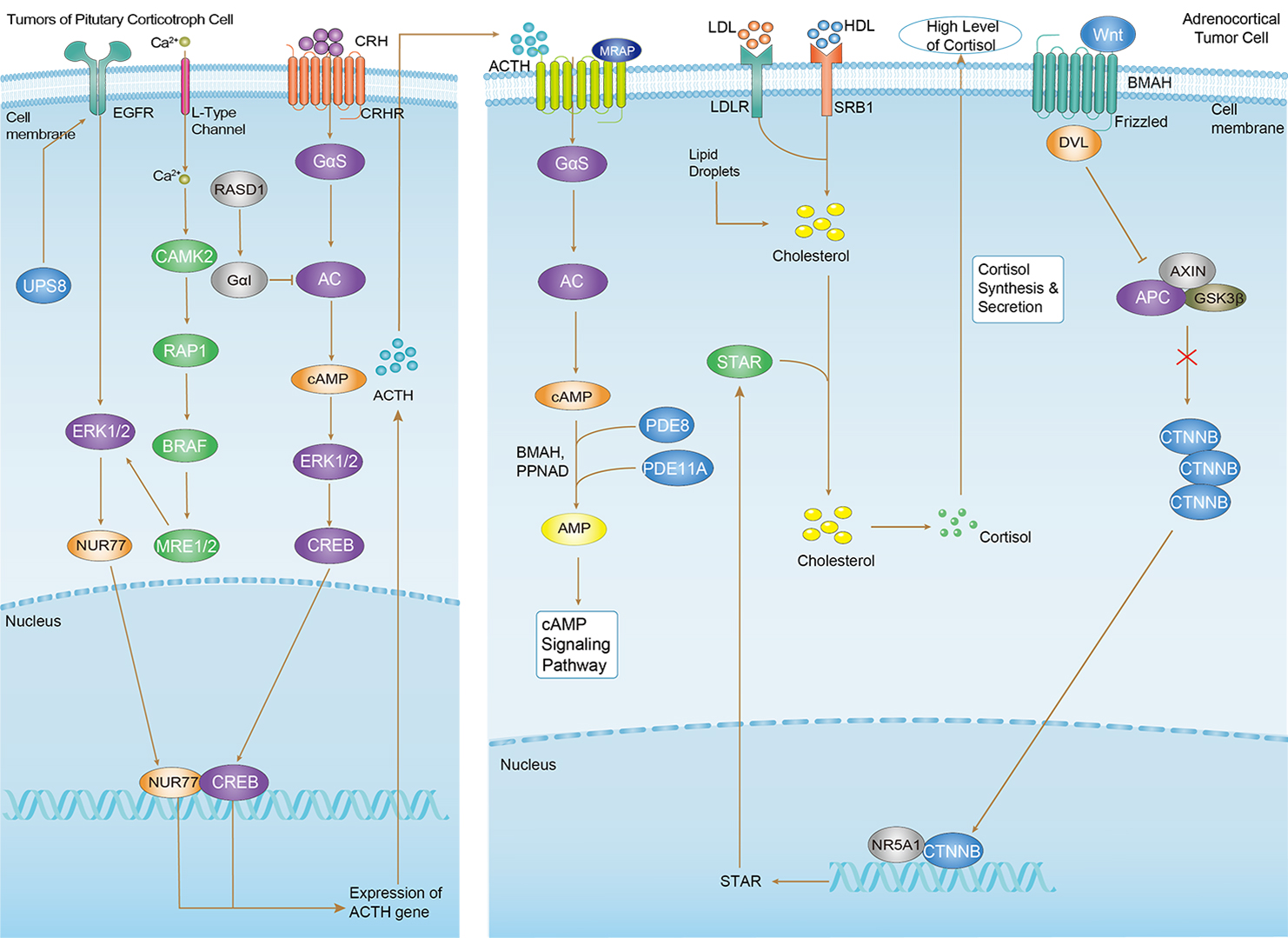 Cushing Syndrome
Cushing Syndrome
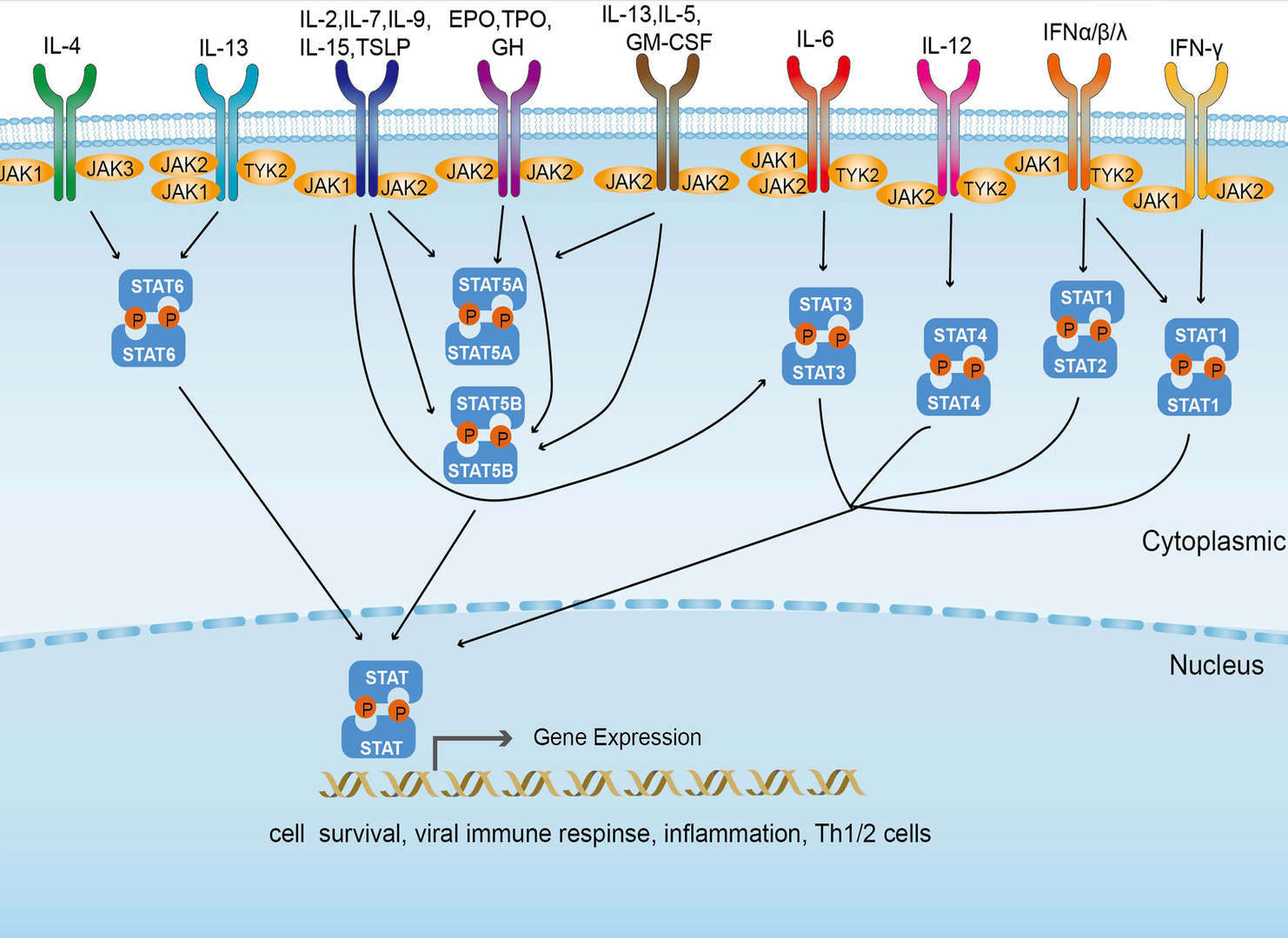 JAK-STAT Signaling Pathway
JAK-STAT Signaling Pathway








